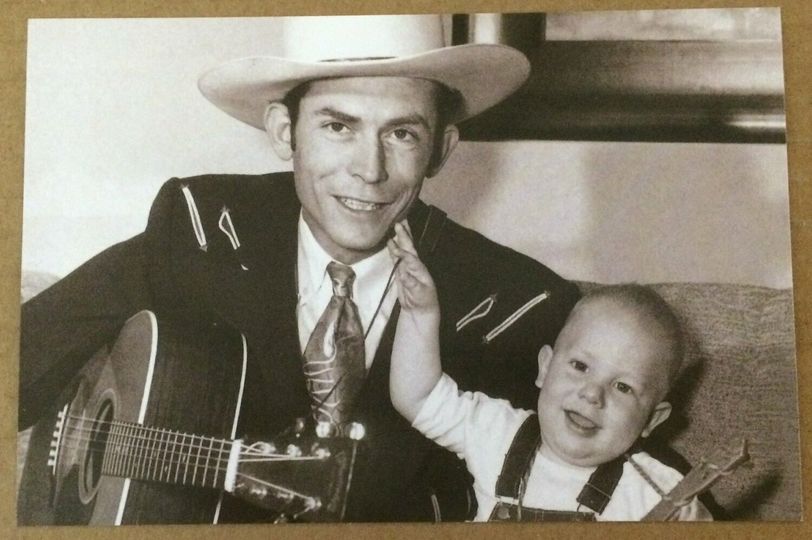Six More Miles (to the Graveyard) – Hank Williams


Introduction
Imagine the heartache of Hank Williams as he traveled the lonely roads of Alabama, his mind weighed down by the sorrow of a lost love. “Six More Miles (to the Graveyard)” is a poignant reflection of that grief, encapsulating the raw emotion that Williams often channeled into his music. This song, with its haunting lyrics and mournful melody, stands as a testament to Williams’ ability to translate personal pain into universally resonant art.
About The Composition
- Title: Six More Miles (to the Graveyard)
- Composer: Hank Williams
- Premiere Date: 1947
- Album/Opus/Collection: Not part of a specific album upon initial release
- Genre: Country, Hillbilly
Background
“Six More Miles (to the Graveyard)” was penned by Hank Williams, a legendary figure in country music known for his deeply emotional and often sorrowful songs. Written in 1947, the song reflects Williams’ personal struggles and the pervasive sadness that marked much of his life and career. The song is steeped in the tradition of hillbilly music, a precursor to modern country music, and captures the essence of rural American life in the mid-20th century. Despite its melancholic theme, the song resonated deeply with listeners, establishing itself as a significant piece in Williams’ repertoire.
Musical Style
The musical elements of “Six More Miles (to the Graveyard)” are quintessentially Hank Williams. The song features a simple yet haunting melody, carried by Williams’ plaintive vocal delivery and minimal instrumentation. The use of traditional country instruments like the acoustic guitar and fiddle adds to the song’s somber tone. Williams’ mastery of melody and lyrical composition shines through, creating an atmosphere of palpable sorrow and introspection.
Lyrics
The lyrics of “Six More Miles (to the Graveyard)” tell the story of a grieving man making his way to the graveyard to say a final goodbye to his beloved. Lines such as “Six more miles and I leave my darling / Leave the one that I love” convey a profound sense of loss and longing. The repetition of the phrase “six more miles” emphasizes the emotional weight of each step toward the inevitable farewell. Williams’ ability to weave narrative and emotion into his lyrics is a hallmark of his songwriting genius.
Performance History
“Six More Miles (to the Graveyard)” has been performed by numerous artists over the years, each bringing their own interpretation to the song’s timeless themes of love and loss. Notable performances include those by Hank Williams’ son, Hank Williams Jr., and various country music artists who have paid tribute to the elder Williams’ legacy. The song remains a staple in the canon of classic country music, revered for its emotional depth and simplicity.
Cultural Impact
The cultural impact of “Six More Miles (to the Graveyard)” extends beyond its initial release. The song has been covered by a variety of artists across different genres, illustrating its wide-reaching influence. Its themes of heartbreak and mourning have made it a poignant choice for film and television soundtracks, often used to underscore moments of profound sadness. The song’s enduring popularity highlights its significance in American music history.
Legacy
“Six More Miles (to the Graveyard)” continues to be celebrated as one of Hank Williams’ most moving compositions. Its enduring relevance is a testament to Williams’ unparalleled ability to connect with audiences through his music. The song’s legacy is preserved through continuous performances and recordings, ensuring that new generations of listeners can experience its emotional resonance.
Conclusion
Reflecting on “Six More Miles (to the Graveyard),” one cannot help but appreciate the raw honesty and emotional depth that Hank Williams brought to his music. This song, with its haunting melody and poignant lyrics, remains a powerful reminder of the human experience of love and loss. For those looking to explore Williams’ work further, listening to a live performance or a carefully remastered recording can provide an even deeper appreciation of this timeless piece.